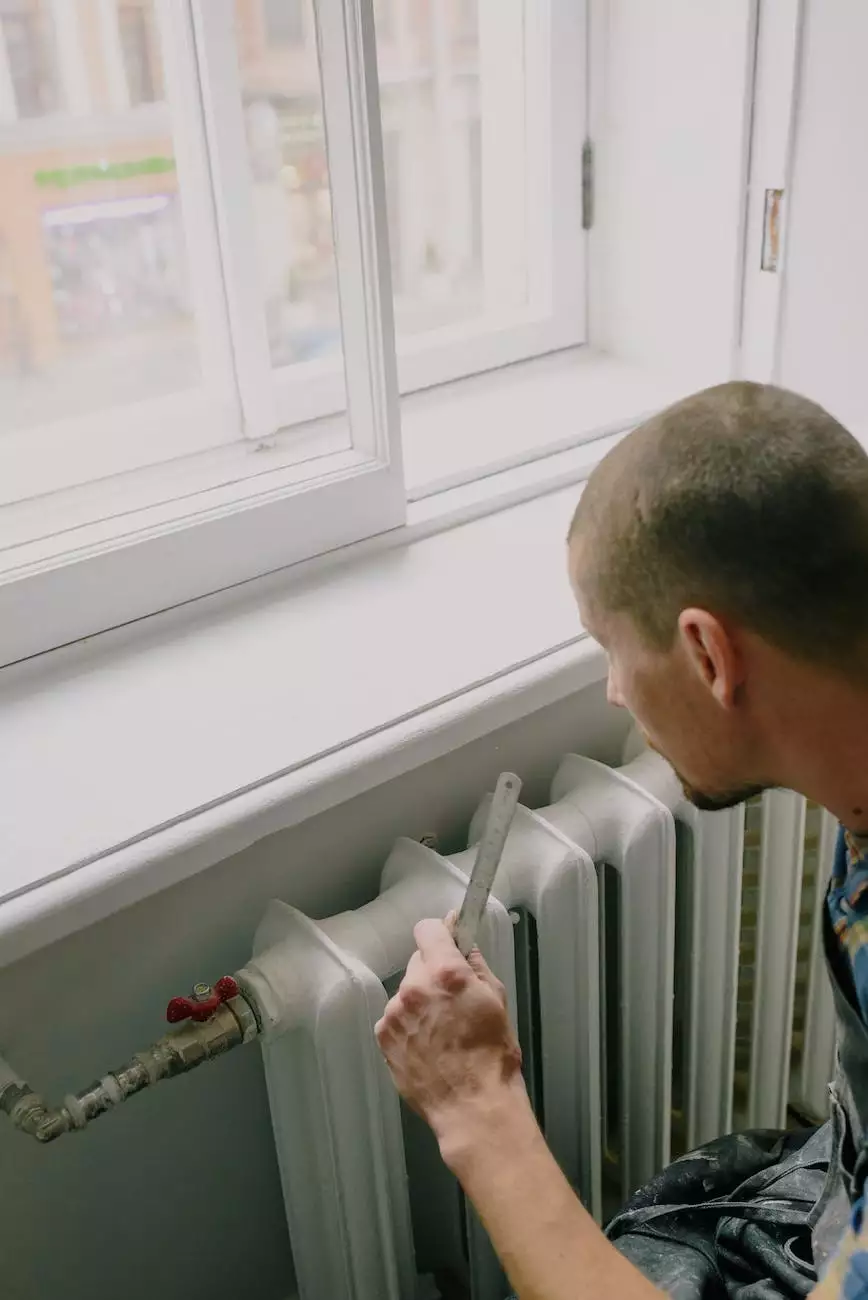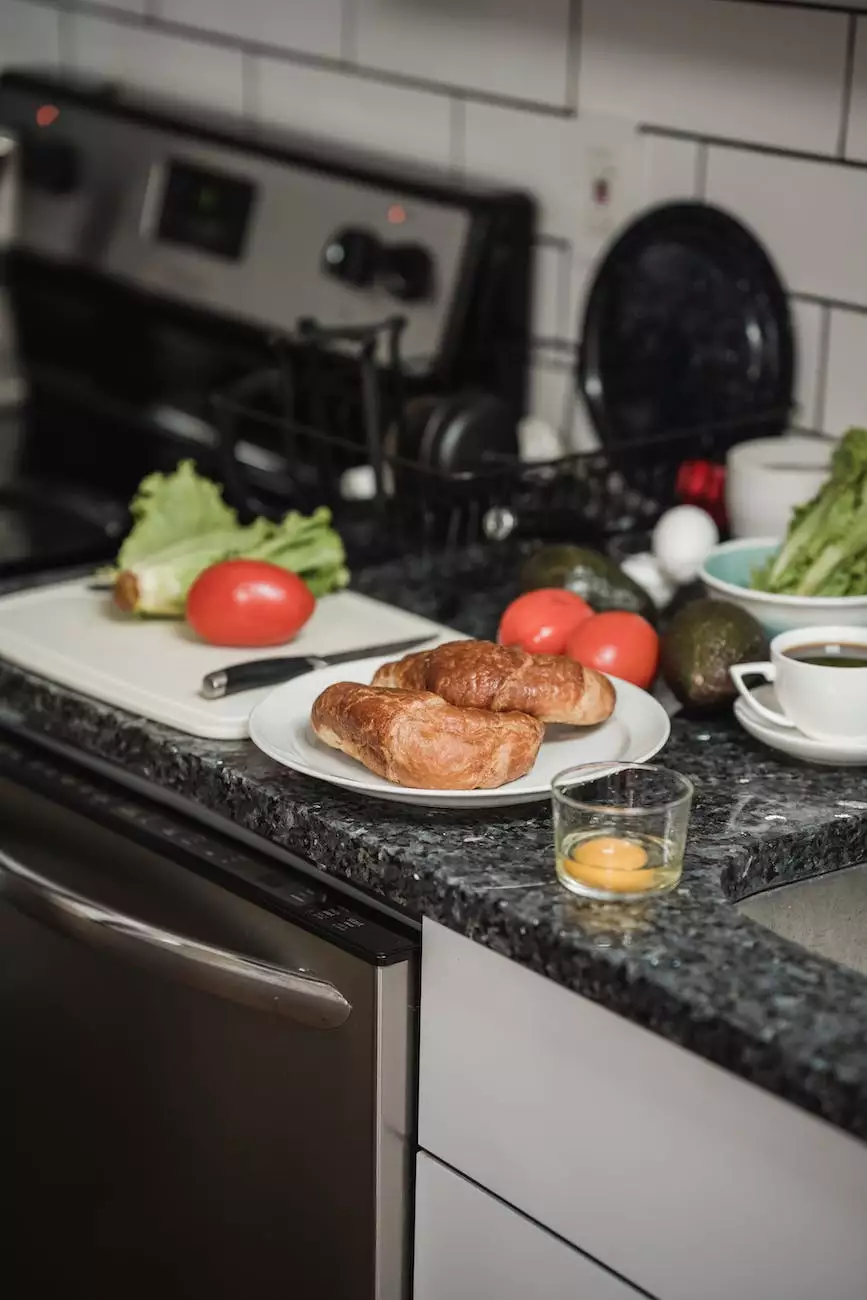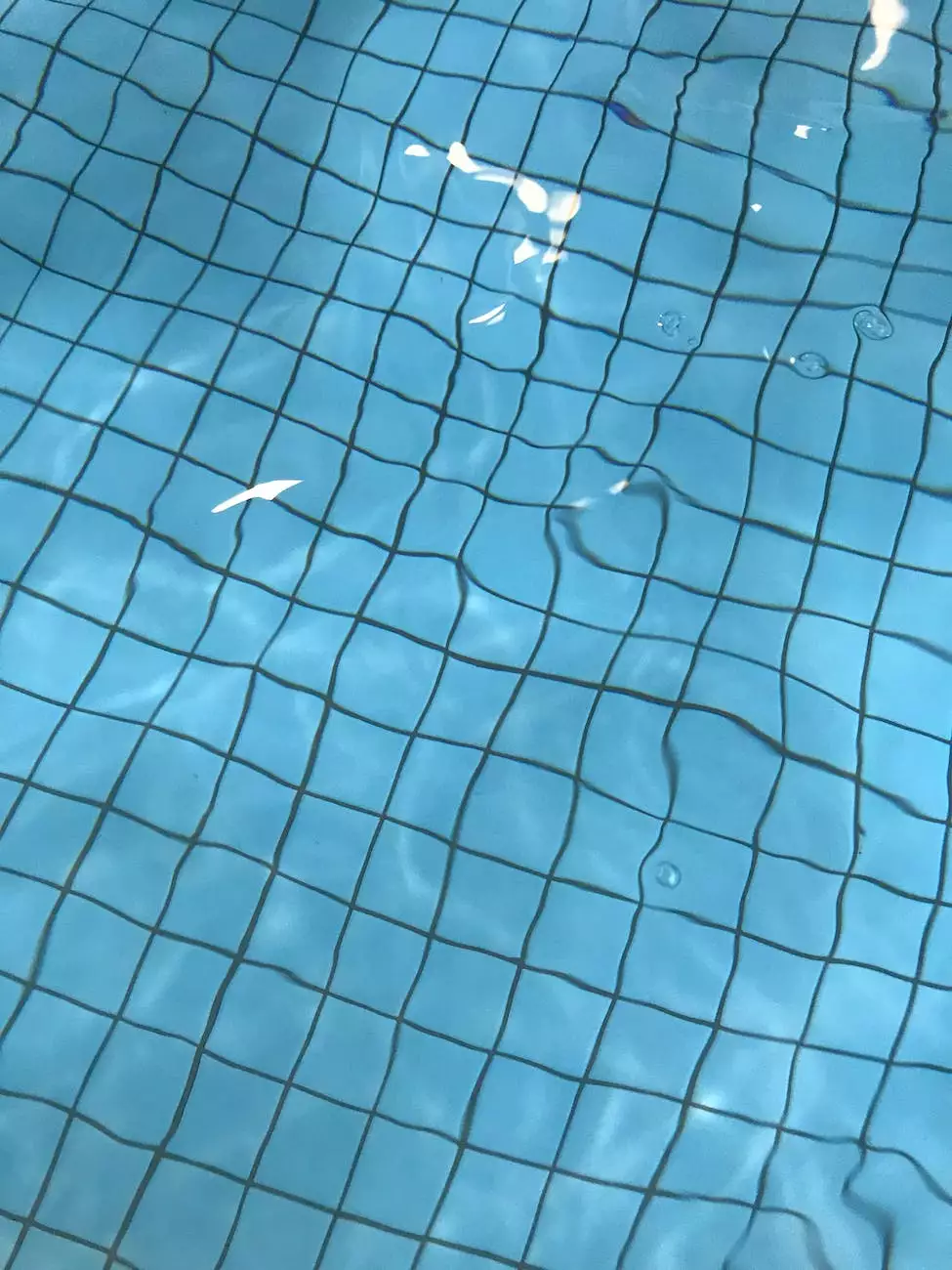Is Quartz Heat Resistant? A Breakdown of this Man-Made Material
Blog
When it comes to selecting the perfect countertop material for your kitchen or bathroom, heat resistance is a crucial factor to consider. Quartz, a popular man-made material known for its durability and aesthetic appeal, has gained significant popularity in recent years. In this article, we will provide a comprehensive breakdown of the heat resistance properties of quartz countertops.
The Composition of Quartz Countertops
Before diving into the discussion of heat resistance, it's important to understand the composition of quartz countertops. Quartz countertops are engineered using a combination of natural quartz crystals, resins, and pigments. The resulting material is extremely durable, non-porous, and resistant to stains, scratches, and cracks.
Heat Resistance of Quartz Countertops
One of the main concerns homeowners have is whether quartz countertops can withstand high temperatures. Quartz countertops are designed to be heat resistant, but it's essential to exercise caution to prevent any potential damage.
While quartz countertops can generally tolerate moderate heat, it is recommended to use heat-resistant pads or trivets when placing hot cookware directly on the surface. Sudden and extreme temperature changes can potentially cause thermal shock, leading to cracks or discoloration. It's best to avoid direct contact with hot pots, pans, and other heat-emitting appliances.
Factors Affecting Heat Resistance
Several factors can influence the heat resistance of quartz countertops:
- Thickness: Thicker quartz countertops tend to have better heat resistance compared to thinner ones.
- Quality: The quality and manufacturing process of the quartz countertops play a crucial role in determining their overall heat resistance.
- Sealing: Properly sealed quartz countertops offer improved heat resistance.
- Cooking Habits: Your cooking habits and frequency of using hot appliances directly on the countertop can impact its durability.
Preventative Measures for Heat-Related Damage
To keep your quartz countertops in optimal condition and prevent heat-related damage, here are some simple preventative measures to follow:
- Use Heat-Resistant Pads: Always utilize heat-resistant pads or trivets when placing hot items on your quartz countertops.
- Avoid Thermal Shock: Do not expose your quartz countertop to sudden, extreme temperature changes as it can lead to cracks or discoloration.
- Clean Spills Promptly: Wipe up any spills promptly to prevent the risk of heat damage or staining.
- Follow Manufacturer Guidelines: Adhere to the manufacturer's care and maintenance instructions to ensure proper heat protection.
Conclusion
In conclusion, quartz countertops offer good heat resistance properties, making them suitable for most kitchen and bathroom applications. By following simple preventative measures and avoiding direct exposure to extreme heat, you can maintain the beauty and longevity of your quartz countertops for years to come.
For more information on quartz countertops and other home improvement and maintenance topics, stay tuned to our blog at GraniteCO!




